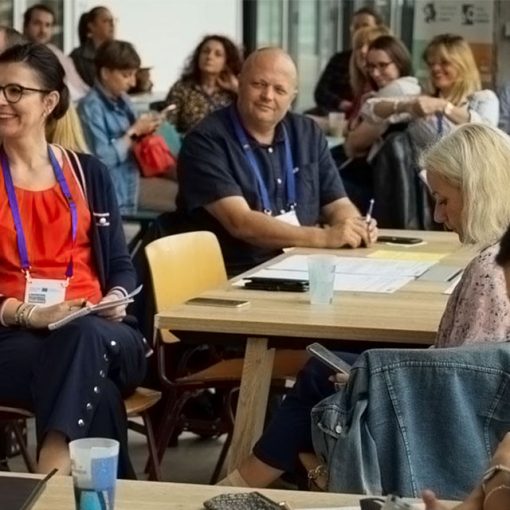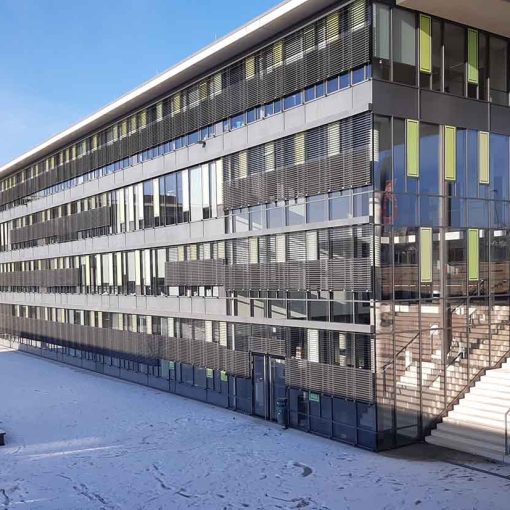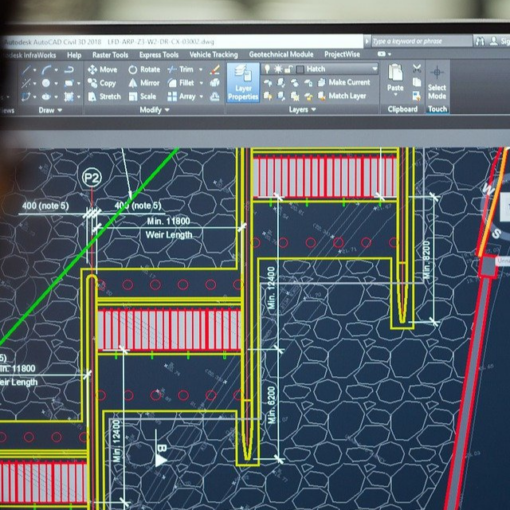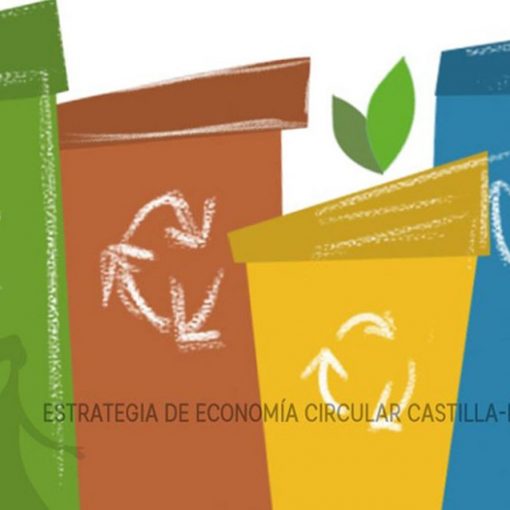People who share risks are open to collaboration. This has been concretized lately from several perspectives in Europe: we are united to support safety, to solve the energy crises and fight the climate crises. Complicated challenges or ‘wicked problems’ like these need to be solved together. If people would be able to solve them alone, they would. But when they see they can’t – they are open to collaboration. This is also a driver for cooperation between universities and business.
What can the universities of applied sciences bring in?
When a company realizes it cannot do everything on its own it starts looking for partners, such as, business support agencies, universities, research institutes or other companies. One key aspect that universities can offer, in addition to development based on research, is fresh ideas. For example, involving students often bring in something new. Furthermore, building up a collaboration ecosystem, preferably with multidisciplinary approach, increases everyone’s knowledge. When being part of an ecosystem, one partner is not solely relying on another but on the network: if one leaves the system, another comes in. However, in order to build the mutual understanding of ecosystems, the connections between SMEs and universities need to be more subsidized, that is, incentives are needed.
Sometimes, from a company perspective, academic universities are (too) slow. Patience, rethinking and open-mindedness is needed from both sides. Actually, this is the spot where the universities of applied sciences jump in. Universities of applied sciences can be a bit quicker, a bit more flexible, perhaps a bit more innovative, a bit more connected to practice especially from the SME point of view – and in this way able to fill in a crucial gap in the ecosystem. Not replacing the importance of academic universities in research but complement them.
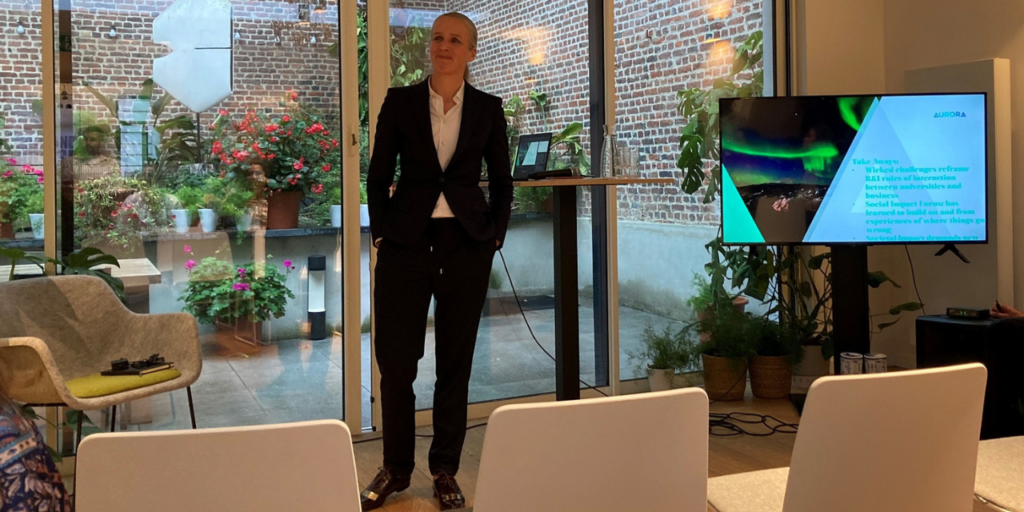
The beauty of cooperation
Cooperation is not easy. In fact, cooperation is often painful. You should be prepared to face misunderstandings and mistakes. But still, cooperation is the only way to solve wicked problems like the ones we are currently facing in society. The key for all parts would be to make cooperation easier, accepting the fact of possible mistakes, by aiming to understand the roles of all players better and by looking with curious eyes towards the positive outcomes.
This blog was inspired by a panel discussion “Collaboration between Universities and Business – R & I Collaboration Universities and Business – do’s and don’ts, possibilities and impossibilities” organised by the Vrije Universiteit Amsterdam and Aurora Universities Network at the Holland House in Brussels 13th October 2022 (Holland House 2022). The event was a part of the annual EU event “European Week of Regions and Cities”.
Deepening university-led regional collaboration is also one of the main aims of the Green Connect -project led by the LAB University of Applied Sciences. The project advances the joint EU impact and supports green transition in the regions of Päijät-Häme and South Karelia. It is funded as part of the European Union’s response to the COVID-19 pandemic. (LAB 2022.)
Author
Susanna Vanhamäki works as a chief specialist on circular economy at LAB University of Applied Sciences and is involved in the Green Connect project.

References
Holland House. 2022. Panel discussion ‘Collaboration between Universities and business: from challenges to best practices’. Cited 18 Nov 2022. Available at https://hollandhousebrussels.eu/events/paneldiscussie/
LAB. 2022. Green Connect – Etelä-Karjalan ja Päijät-Hämeen EU-yhteistyön vahvistaminen. Project. Cited 18 Nov 2022. Available at https://lab.fi/en/project/green-connect

